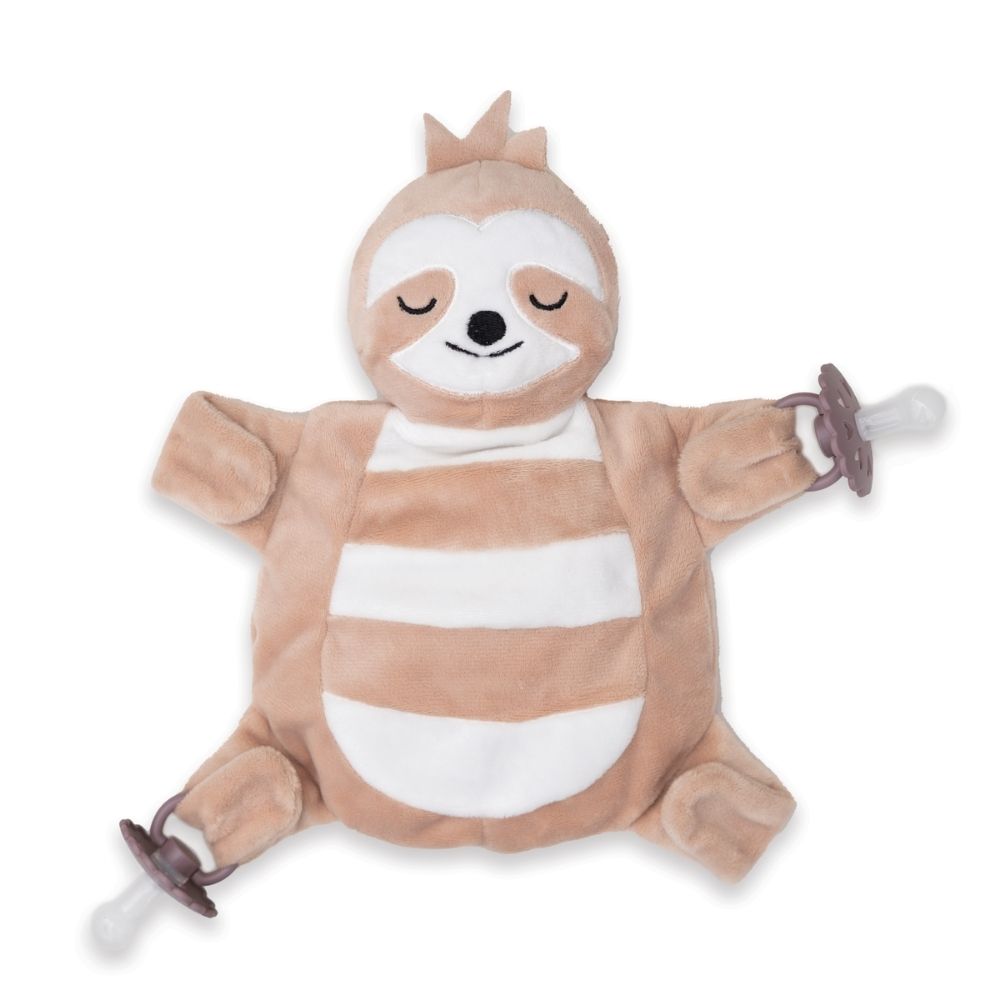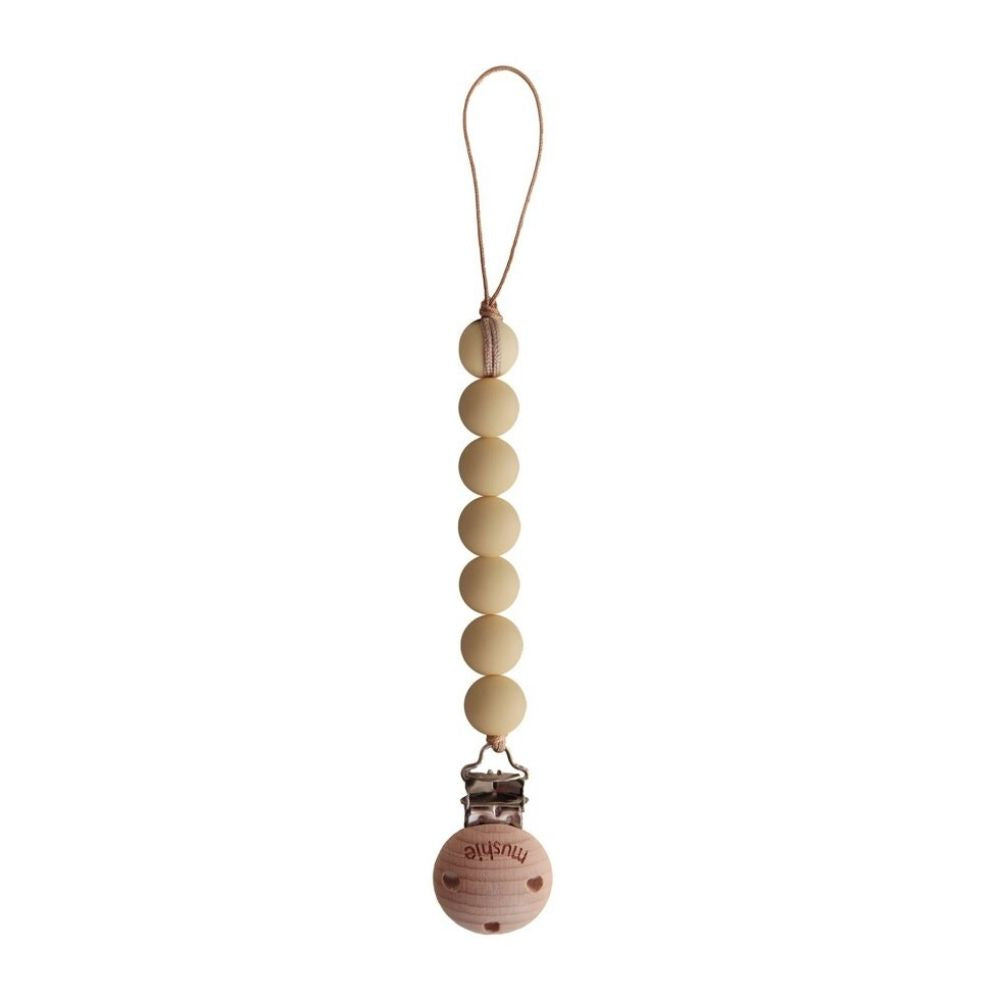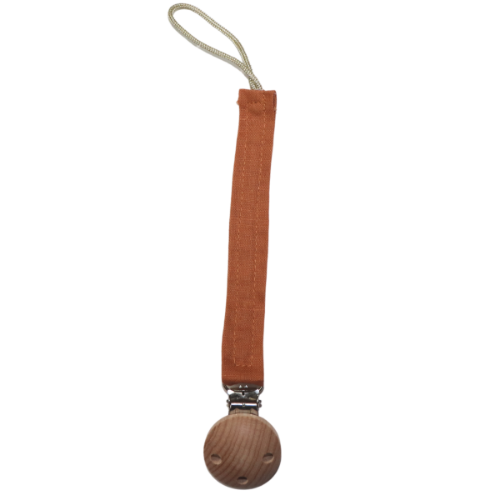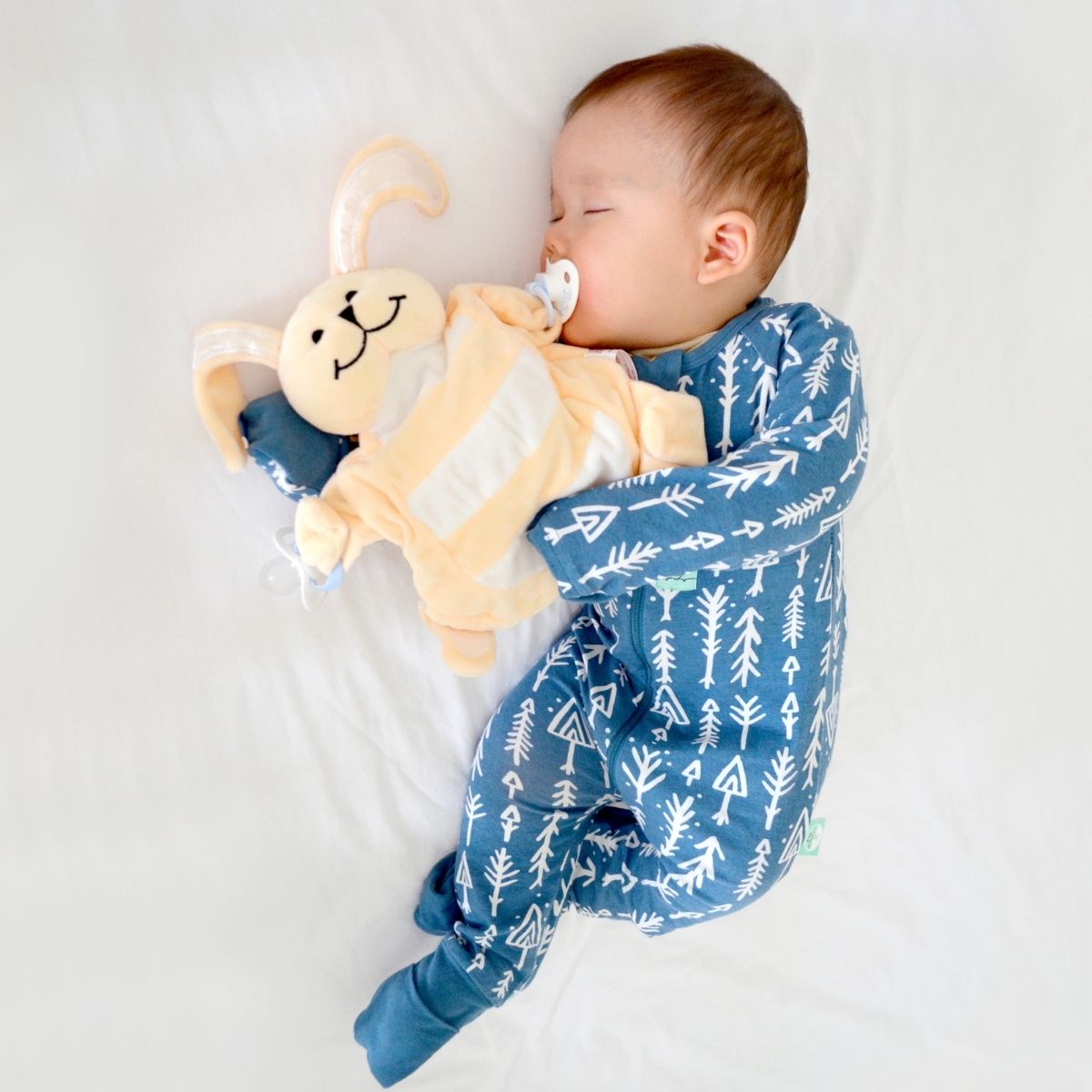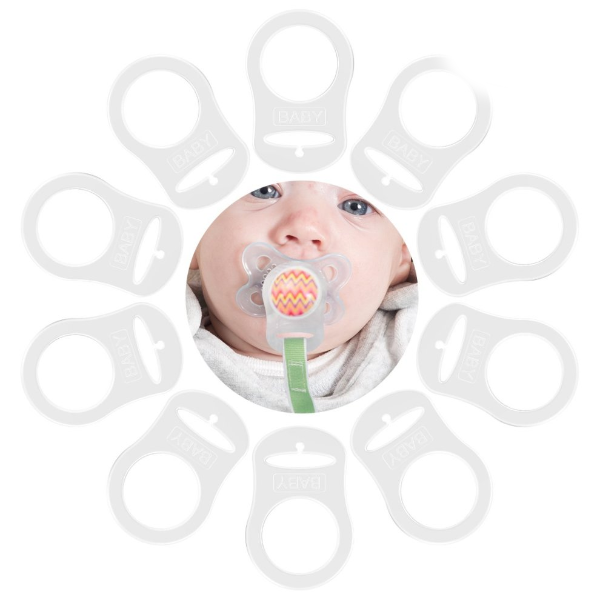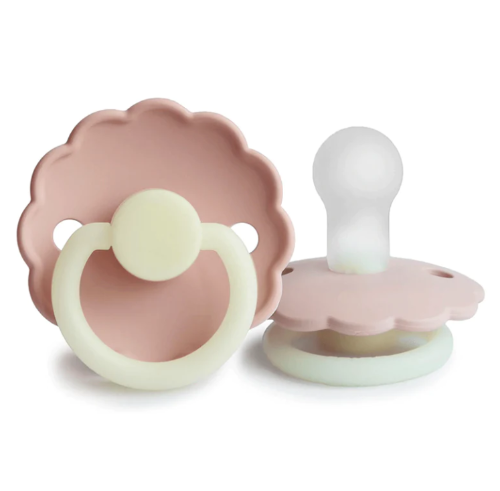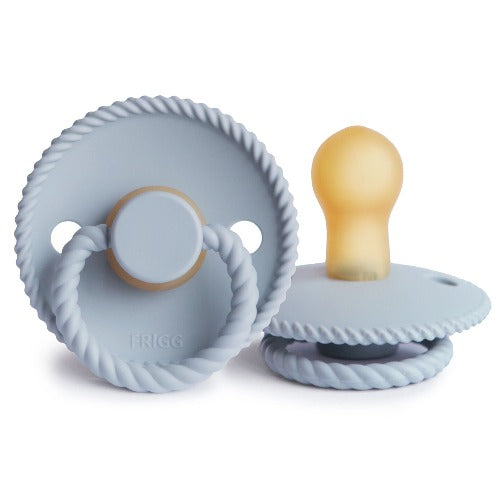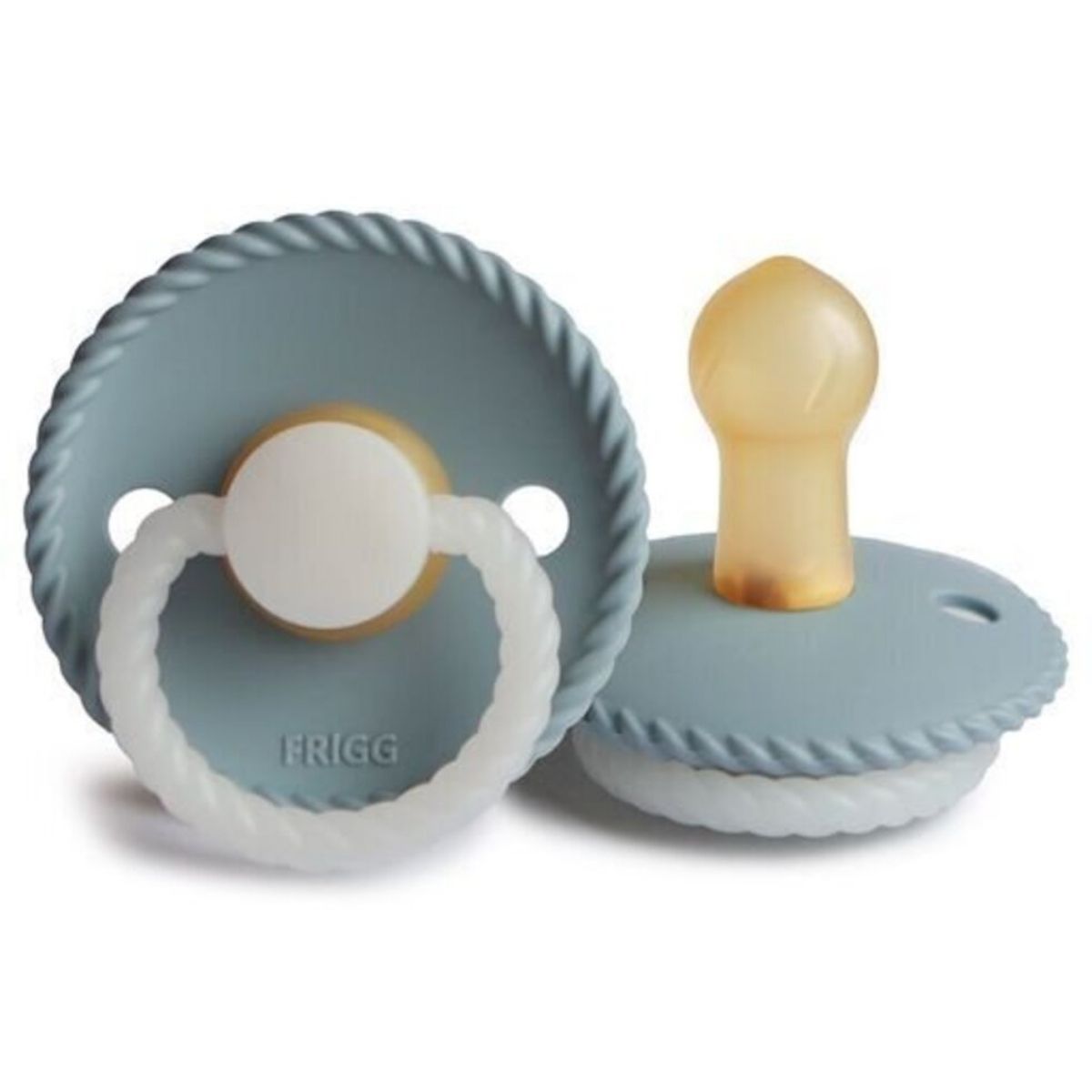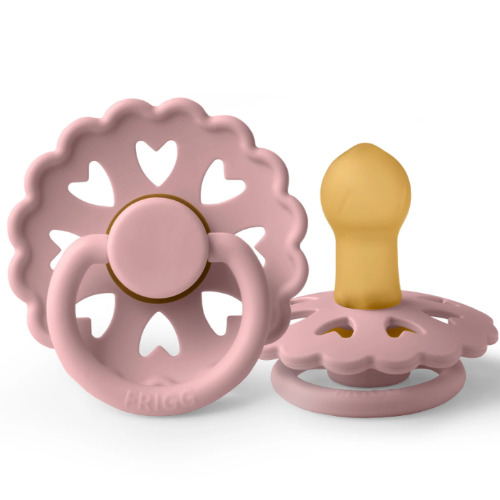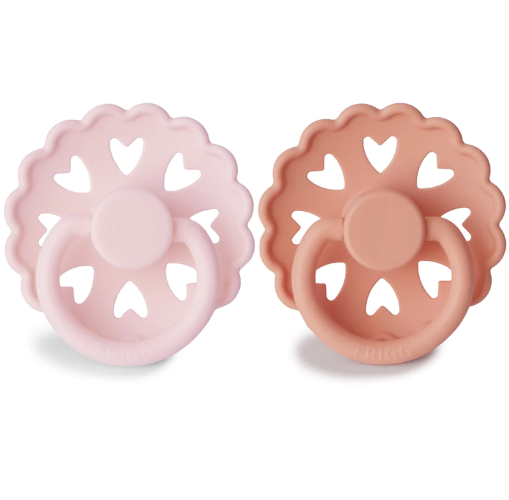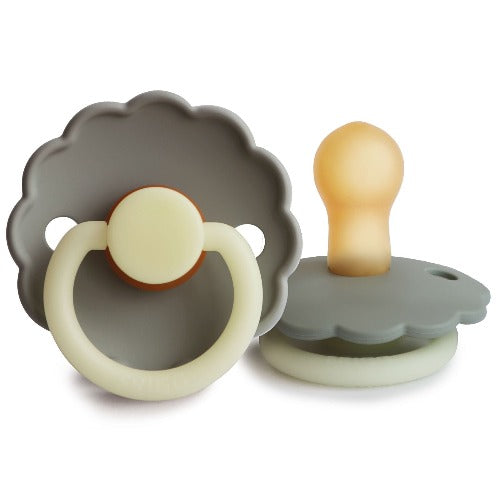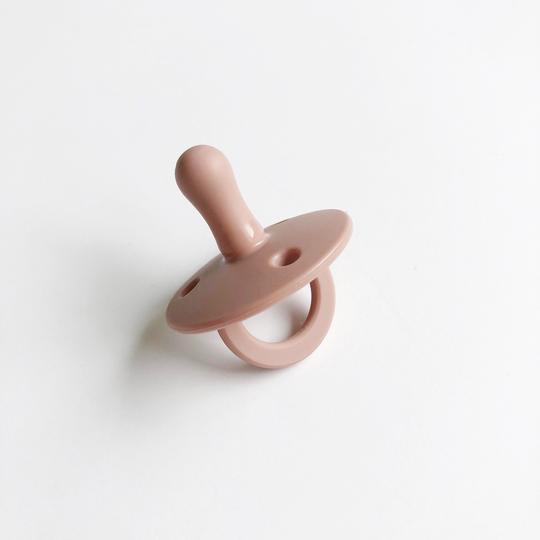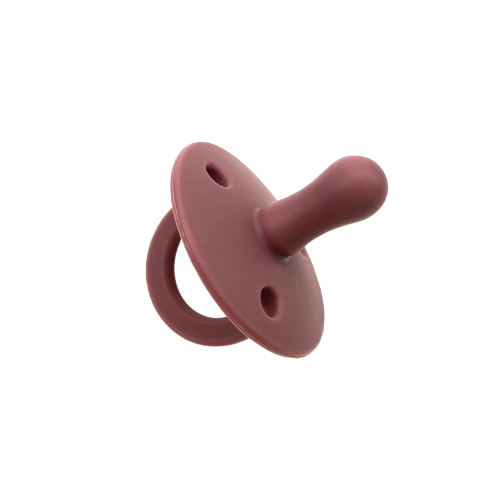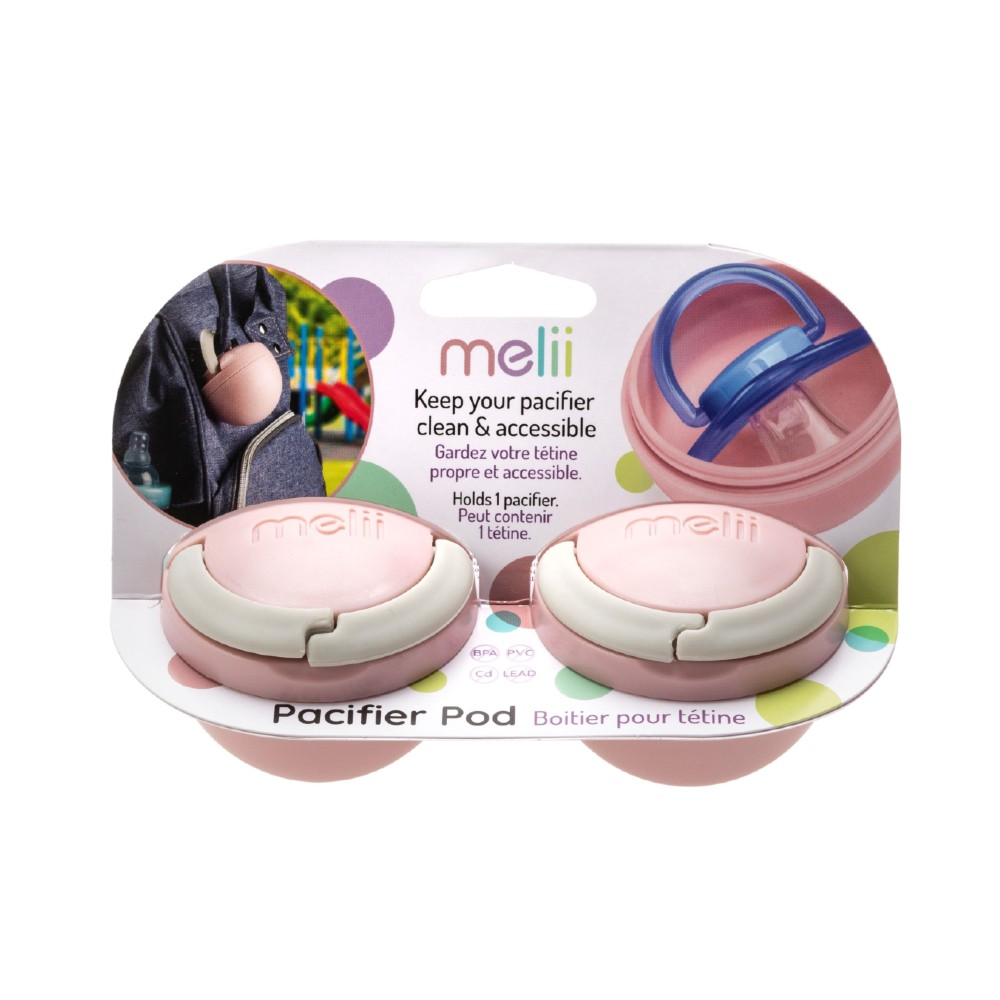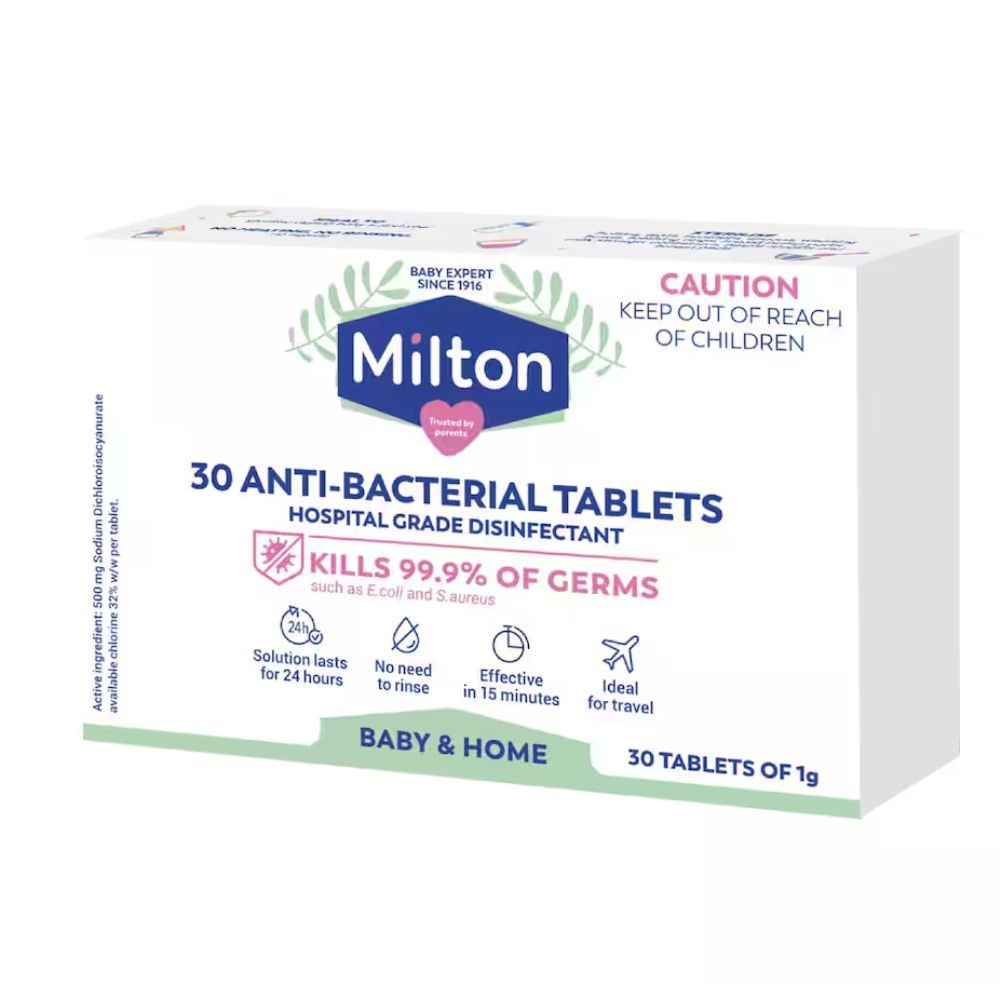There are several benefits to getting a soother for your baby. Some of the top benefits include:
- A soother’s nipple-shaped design satisfies your baby’s natural sucking reflex, which helps them feel calmer and more secure.
- If your baby has colic (prolonged crying or fussiness), a soother can help them self-soothe and calm down.
- The use of a dummy at bedtime can help your baby settle and fall asleep with greater ease - it makes for a great sleep aid.
- If your baby is experiencing any discomfort (e.g. receiving a vaccine, feeling sick, or teething), dummies can provide comfort and help reduce pain perception.
- Similarly, if your baby is in an uncomfortable or unfamiliar situation, be it travel or a new environment, a soother can be a helpful distraction that helps them feel more regulated.

